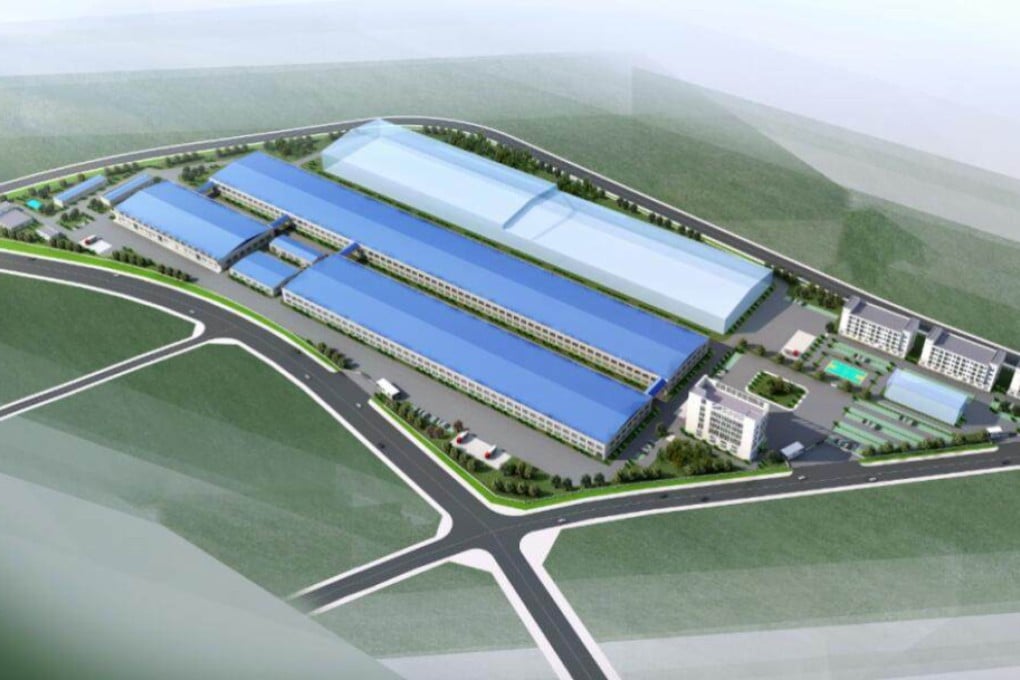Chinese EV battery maker adds to overcapacity fears with plan for US$1.39 billion plant in Jiangxi
- Jiangxi Judian New Energy Technology starts construction on the first phase of a solid-state-battery plant in Ganzhou
- By 2025, Chinese battery manufacturers, numbering close to 50, will be able to produce four times the national demand

The company will invest a total 10 billion yuan (US$1.39 billion) to build production facilities with an annual capacity of 10 gigawatt-hours (GWh) of batteries in Ganzhou, in eastern China’s Jiangxi province, its parent Shenzhen Fuxin Industrial Technology said in a statement.
Construction for the first phase of the project, which will manufacture 2 GWh of solid-state batteries and another 2 GWh battery packs annually, began on Tuesday. The company did not say when the first phase will be operational. The total project covers an area of 400,000 square metres, with more than half under the first phase.

Technically, 1GWh of batteries can be used to supply the needs of at least 13,000 EVs.
Solid-state batteries are seen as a better option to existing products because the electricity generation process is safer, more reliable and more efficient than the liquid or polymer gel electrolytes used in existing lithium-ion or lithium-polymer batteries.